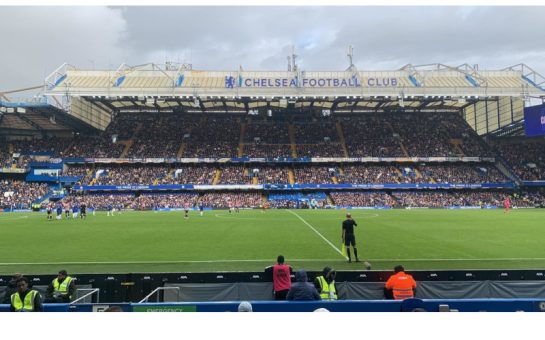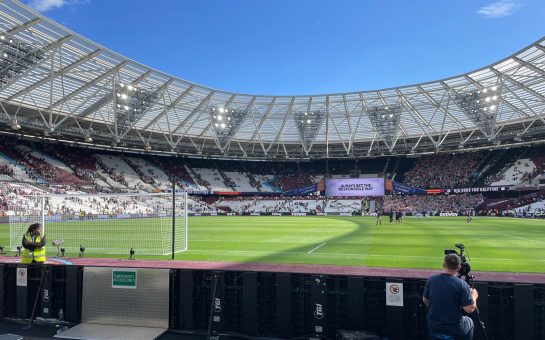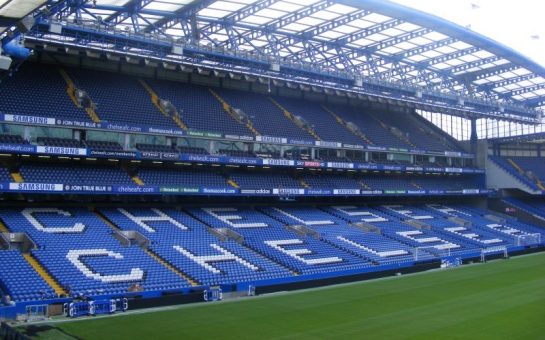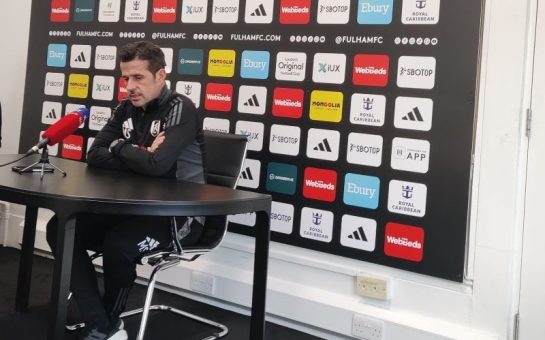Richard Scudamore’s announcement that the Premier League will pump £1billion into lower leagues and the grassroots game will have been read with interest by amateur players from Tooting to Tyneside.
Scudamore’s disarmingly emollient tones and fine words last week came hot on the heels of Greg Dyke’s update on the FA’s England Commission, and a 5 Live interview where he stated the FA’s commitment to spending up to £350 million on grassroots football.
But in south west London, and up and down the country, quagmires like the one above are a depressingly familiar sight to teams in the grassroots game.
They certainly are for FC Morden.
Last season, a slew of winter postponements, and a run to the Surrey County Cup final, meant the Wimbledon-based club’s final Division One Southern Sunday Football League fixture was defaulted. A win would have sealed the title.
“The players were furious,” said FC Morden manager Robert Purvor.
“A lot of money and a lot of time goes in to run a team and to have it taken away at the last minute is really harsh.
“What’s a runners-up medal to the players? Half of them didn’t want it.
“The pitches we play on, there’s dog mess on the pitch, there’s divots, stones and gravel. Our injury list this season has been ridiculous. We’ve had a lot of players injured with groins and hamstrings,” he added.
“Football boots are not cheap. They’re spending a hundred pounds on boots and they’re getting broken.”
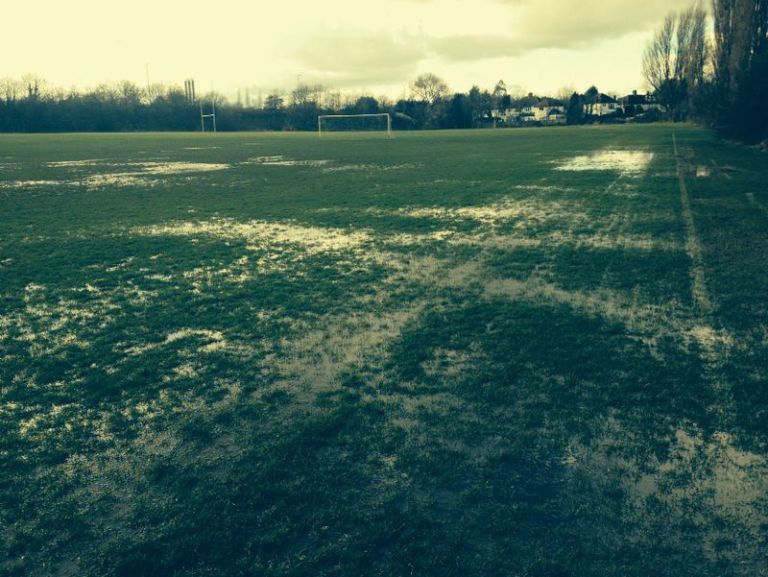 WATERLOGGED: Poor drainage at Raynes Park Sports Ground left it unplayable
WATERLOGGED: Poor drainage at Raynes Park Sports Ground left it unplayable
Footwear and sporting glory are not the only things to be compromised. Promises, too, have slipped.
In 1999, the Premier League vowed to divert five per cent of its television revenue to newly-formed charity the Football Foundation, with the FA and the Government matching that contribution.
From 2001-2004, each body donated £20 million a year. However, that figure slipped to £12 million and from 2010 the government’s contribution dropped to £10 million.
London councils who maintain football facilities are also grappling with 44% cuts from central government.
Not even the most ardent fan could argue football is a more pressing concern to hard-hit councils than education or housing, but grassroots football has been buffeted by these cuts.
A re-channelling of the Premier League’s vast resources has never been more urgently required, argue many. Graham Rodber, vice-chairman, treasurer and secretary of the south west London-based Southern Sunday Football League, works full-time in the NHS, but donates 50 hours a week to his league’s manifold demands.
He admits he has never seen such a vast disconnect between the base of the game and its gilded peak.
“I’ve been refereeing for nearly 15 years and this is the biggest gap I think I can ever remember,” he said.
“Facilities generally are getting worse. For example, you have eight pitches at Clapham Common and only half that number in terms of changing rooms. So not everybody can get a changing room and they have to change on the side of the pitch.
“The biggest problem of all is there’s a lot of female players and there is no female changing facility or toilet facility.”
Clubs facing multiple fixture postponements over the winter due to poor pitches are forced into playing double headers later in the season, two hour-long games played immediately after each other that ensure the fixture list can be fulfilled.
“Teams absolutely hate them,” said Mr Rodber.
“If you’ve got a really good side it’s very rare they’ll win the two games, so they might win one and draw one. So that puts good sides at a disadvantage.
“I understand the council are under severe pressure but for me it needs to be a two-pronged attack. The money has got to come from the Premier League to grassroots football. That is where we get a lot of the stars of the future.”
Other clubs in south west London see their opportunities for progression hampered by poor playing surfaces.
Old Boys Clapham FC play at Larkhall Park between Clapham North and Stockwell, which was heavily bombed during World War Two.
Club secretary Peter Joicey says only sheer “hard labour” from players who dug up and re-laid the site created the pitch, but rubble underneath the playing surface means they face a constant battle to maintain it.
“We want to go in to the Surrey Elite League, which is one league below semi-pro, but we would have to go all the way out just to try and find a suitable pitch, as the locally-maintained pitches are in such poor condition. It’s very hard for clubs like ourselves to develop,” he said.
“Saturday and Sunday football is dying. There’s less people playing Saturday and Sunday football than ever.
“The crux is it’s the facilities the grassroots needs. We do tours of Germany and Holland and they’ve got nice facilities and 3G pitches.”
Dyke’s England Commission envisages a 130% increase in 3G pitches in urban areas, and the benefits of playing on these all-weather surfaces are inarguable, although they are expensive to hire.
But Mr Rodber argues that the often prohibitively-high cost could be counter-productive to the FA’s intended aims.
He said: “Out of our 57 teams, we’ve got one club that’s gone on to use a 3G pitch. The cost of that 3G pitch is in the region of £130 for one game; 75-80% of our teams would not be able to afford that. It’s just not cost effective. They would kill off the league.”
Over at Tooting, Dyke’s 3G vision is already fully formed.
Tooting and Mitcham United’s Football Foundation-funded 3G pitches are shared with Tooting Bec FC, who played on grass pitches around south west London for 11 years.
“It was terrible,” recalls Tooting Bec chairman Steffan Wells. “You didn’t play in the winter, it was as simple as that.
“The difference now is massive. We are way ahead with our fixtures over all our rivals as we have not had any of our home games called off for bad weather. Most of the clubs I know shut down for six weeks in the winter because of the weather.
“All our three teams play a brand of football that is good to watch and much more enjoyable.”
If better facilities cultivate a more attractive style of play from the grassroots up, it may do more for English players’ development than Greg Dyke’s hopes of circumventing European employment law.
Images courtesy of Tooting Bec FC, with thanks
